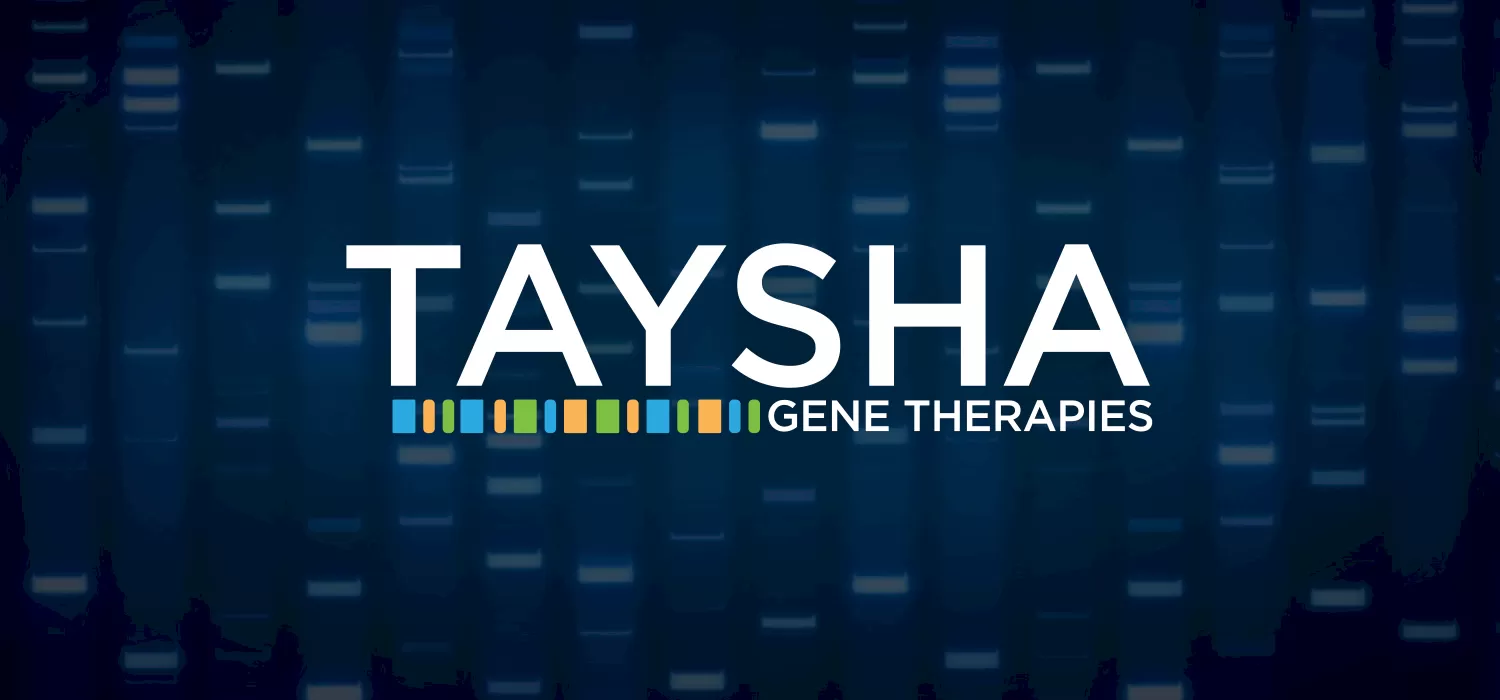Taysha Gene Therapies Statement on Covid-19 Vaccines

We are aware of concerns about the adenovirus vector COVID-19 vaccine from Johnson & Johnson (J&J) and its potential impact on eligibility to receive an investigational gene therapy in the future; however, available evidence suggests that receiving the J&J COVID-19 vaccine will not disqualify an individual from participation in any potential clinical trial with TSHA-102, Taysha’s investigational AAV9 gene therapy product candidate for Rett Syndrome.
While both the COVID-19 vaccine from J&J and the TSHA-102 investigational gene therapy use viral vectors as a vehicle to deliver genetic material or medicine to cells in the body, they are distinct viral vectors that are not related in genetic composition. The J&J COVID-19 vaccine utilizes an adenovirus type 26 (Ad26) vector while TSHA-102 utilizes an adeno-associated virus serotype 9 (AAV9) vector. Because they use different types of viral vectors, currently, there is no evidence to suggest that the adenovirus vector COVID-19 vaccine would impact enrollment in future clinical trials of TSHA-102. The same holds true for the AstraZeneca-Oxford COVID-19 vaccine, which utilizes an adenovirus ChAdOx1 vector.
In addition to the adenovirus vector COVID-19 vaccines, there are two other COVID-19 vaccines available from Pfizer and Moderna that use mRNA, and the American Society of Gene & Cell Therapy (ASGCT) has educational information about them here.
Please talk with your doctor if you have questions about the COVID-19 vaccines. Below are additional educational resources on gene therapy and the COVID-19 vaccines.
American Society of Gene & Cell Therapy, Gene Therapy 101
American Society of Gene & Cell Therapy, Vectors 101
U.S. Food and Drug Administration COVID-19 Vaccines Information
Centers for Disease Control and Prevention COVID-19 Vaccines Information
National Institutes of Health Covid-19 Information


